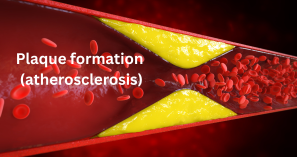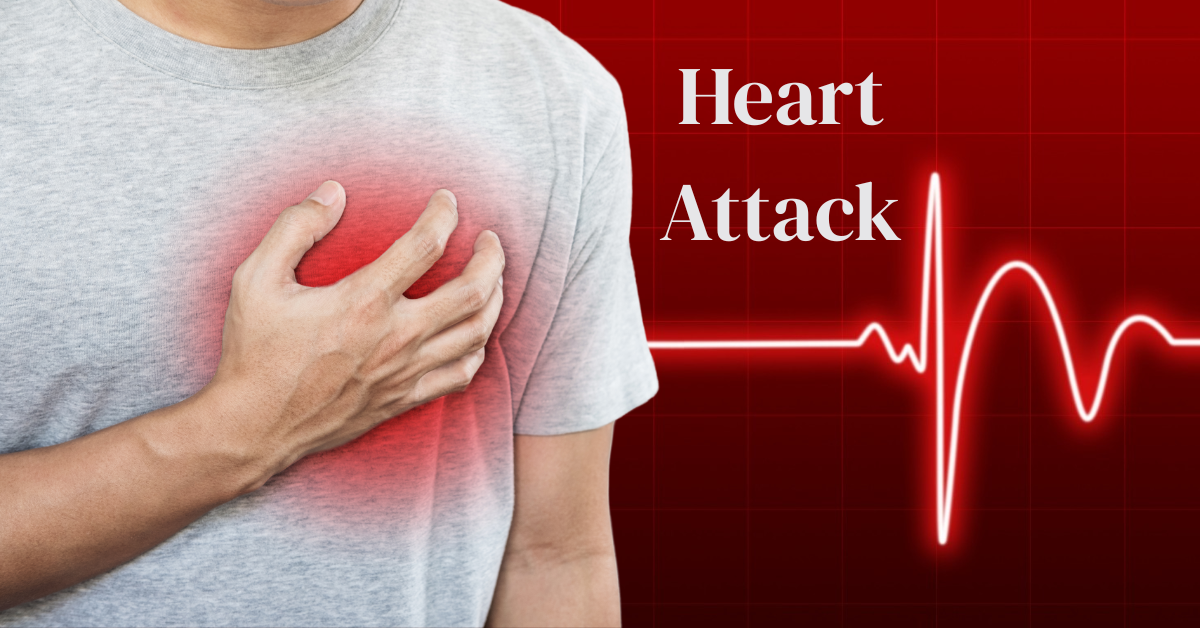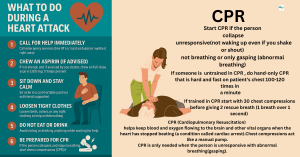What is a heart attack? Heart attack life or death, these words come to every mind, whether a patient or relatives, same every time chest pain diverts our mind towards emergency, yes! It is an emergency, but why? No doubt, it is a pathology related to your heart, which pumps blood to each organ of your body. When the heart is unable to perform its function, the body’s system fails.
There are certain ways to differentiate heart attack pain or something else. Let’s first understand what a heart attack is.
What is a heart attack?
A heart attack is a condition in which blood flow to the heart is partially or completely blocked. The blockage is usually due to cholesterol, fat, or other substances in the arteries.
A heart attack occurs due to the blockage of the coronary arteries, which supply oxygen and blood to the heart muscles, resulting in muscle injury and eventually muscle death.
Why do heart attacks occur?
A heart attack occurs when fatty, cholesterol-containing deposits build up over time, forming plaques in the heart’s arteries. If a plaque ruptures, a blood clot can form. The clot can block arteries, causing a heart attack.

Buildup of fatty deposits (plaque) — Over time, cholesterol and other substances form plaques on the artery walls.
Plaque rupture — Sometimes, these plaques rupture.
Blood clot formation — When a plaque breaks, a blood clot forms and blocks the blood flow completely.
Risk factors for plaque formation


